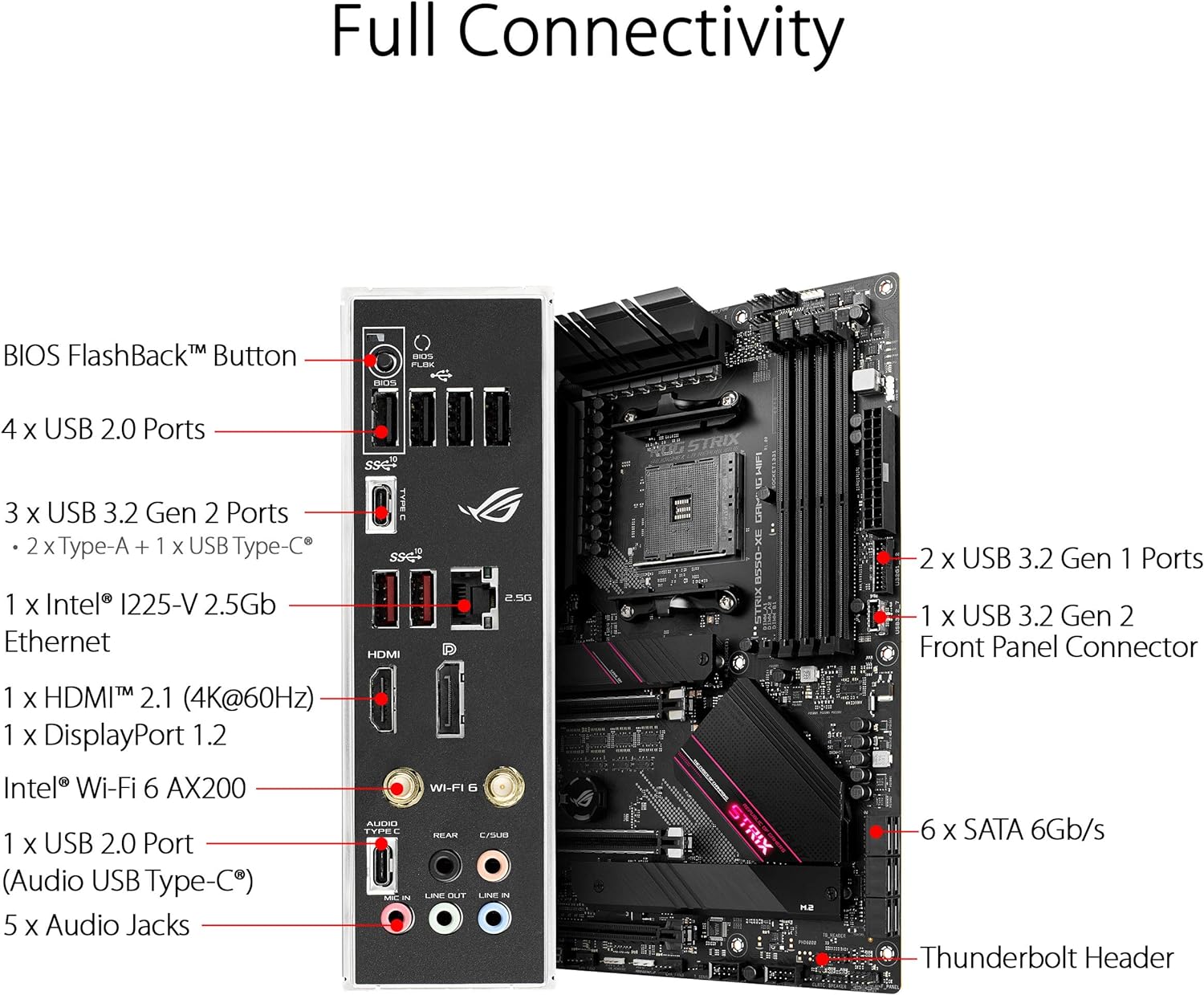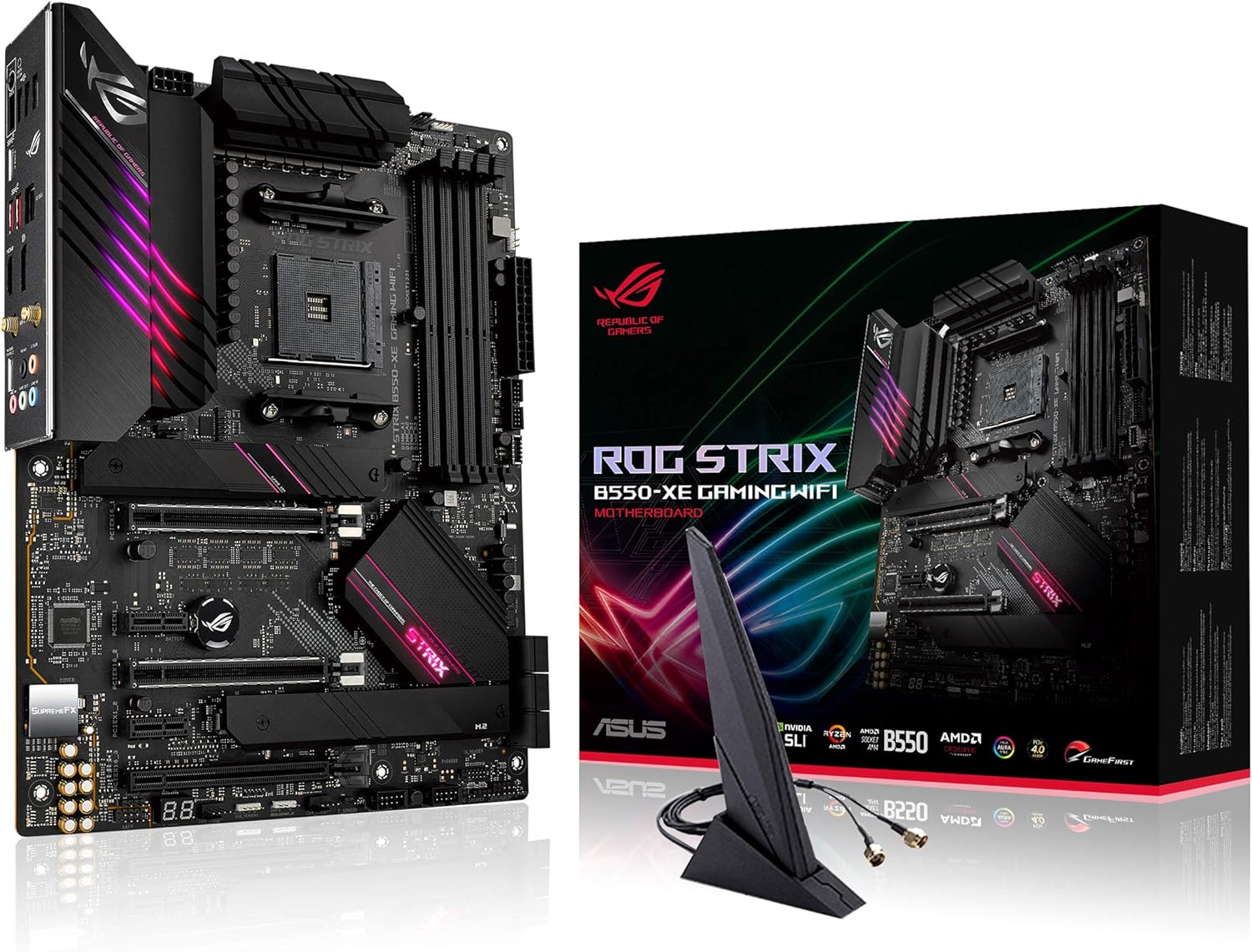I agree with you on the point that gaming via wifi can be done. Buts that's about it.
I have a good experience in IT Support and the effort you are putting into this can simply not be demanded from a consumer. The average consumer can not even tell the difference between a Lan Cable, Wifi and Internet. A normal consumer does not know that internet speed and internet speed are not the same things.
There are 3 Variables to consider:
- Bandwith
- Latency
- Stability / packet loss
Let alone configuring the wifi for slower speeds to get better connection and further reach (thus oftentimes better speed). The average Person would think higher speed = better connection = faster internet. The Marketing departments of internet providers also do not do any good for that. Most consumers are not in knowledge that a stable connection is more important than fast speed.
Second point to me are your connection speeds. Sure, gaming with those speeds is fine. But just for instance, downloading the latest minor Daily patch of my Favourite Game would easily take 51 Minutes with your referred 4MBps connection speed (For 12 GB of patch) versus 2 minutes with 100 MBps download speed on lan.
But all that argumentation aside. I think most consumers want a plug and play experience:
- Plug in router
- Connect to wifi
- Go
From my experience, this is just often not the case on Wireless Lan.
In comparison, a lan cable is pretty much the most straight forward of an experience which I can think of:
- Plug in router
- Plug in one end of the Lan cable to the router anbd the other end to the computer
- Go
I understand the Limitations of a cable. Most of all, you have the dammit cable dangling around which you might have to route through the apartment. This is a huge bummer and I get that. OP can try to optimize the Wifi but I'm just saying:
You Mileage may vary depending on your environment and even on the material of your wall (e.g almost nothing passes reinforced concrete and Plasterboard is also often a big issue and vertical floorings as well)
I know so many people complaining their provider is
<censored> and the internet often doesn't work when in fact they have their router set up in the basement trying to route wifi up to ground level, possibly with 3 range extenders to the top floor.
When I visit Friends, the Wifi is in fact often so bad that I decided to install a second Simcard in my laptop with Europe wide unlimited Internet so that If I visit people, I do have somewhat good connection.
Still my statement remains: testing with a cable is good for ruling out any issues with your provider (which there are in most cases none).



